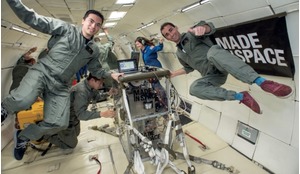Asgardia Minister of Justice and international lawyer Mark Beer has been involved with the Space Nation since 2017, having been introduced to it at the World Economic Forum by the owner of a satellite company. He was excited about the way in which Asgardia had pushed the boundaries on issues such as extraterritoriality, and about the implications of forming a nation that defined its jurisdiction with an orbiting satellite. As a lawyer, Mark’s first instinct was that this sounded eccentric and esoteric and, initially, he had doubts but his experience as a judge has taught him not to be too quick to write something off.
The more I thought about the concept of a modern nation-state, with clearly defined borders, boundaries and barriers to the movement of people and goods, the more I questioned whether that is the most effective structure in a world that is digitising.
There is some disagreement as to when the modern nation came to be. Some argue that it was a result of the 1648 Westphalia Treaty, others that it was later. However, what is evident is that in the 300,000-year history of Homo sapiens, the concept of a ‘nation’ has existed for less than 0.1 percent of the time. There is no doubt that the modern nation-state has proven useful in the development of humanity, particularly in relation to creating a sense of identity and belonging, but it has also been a source of friction throughout history.














